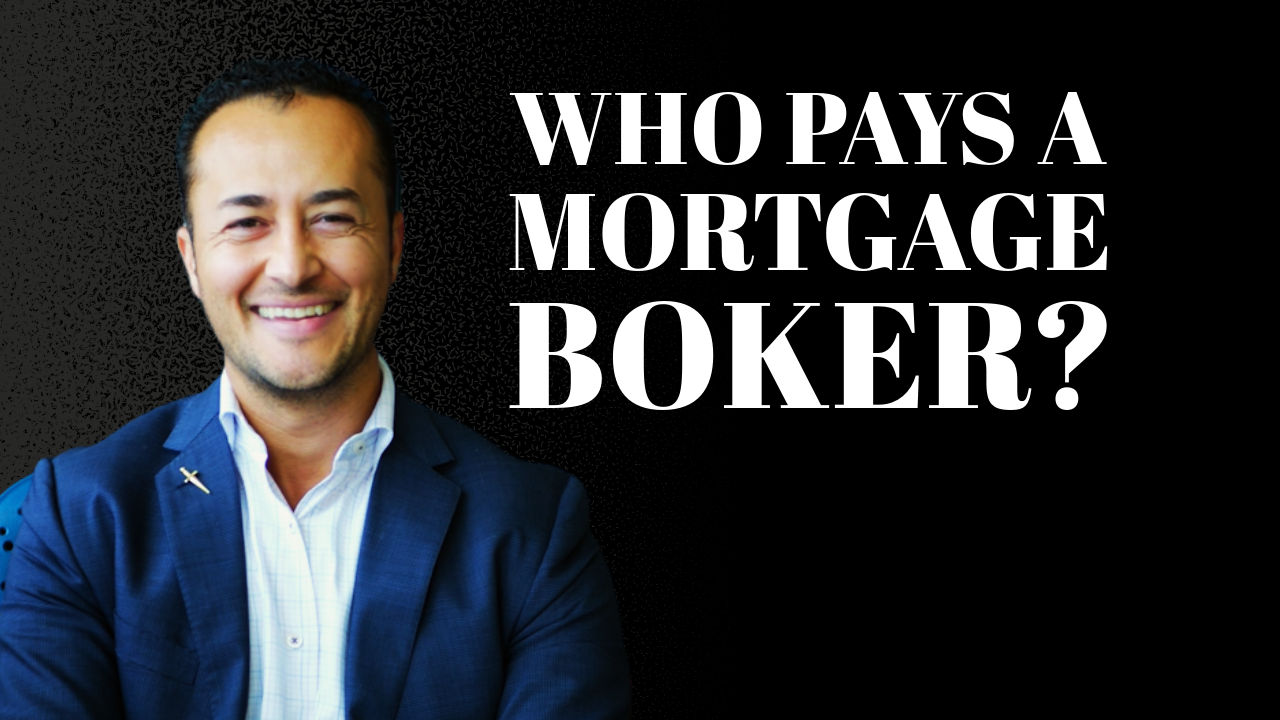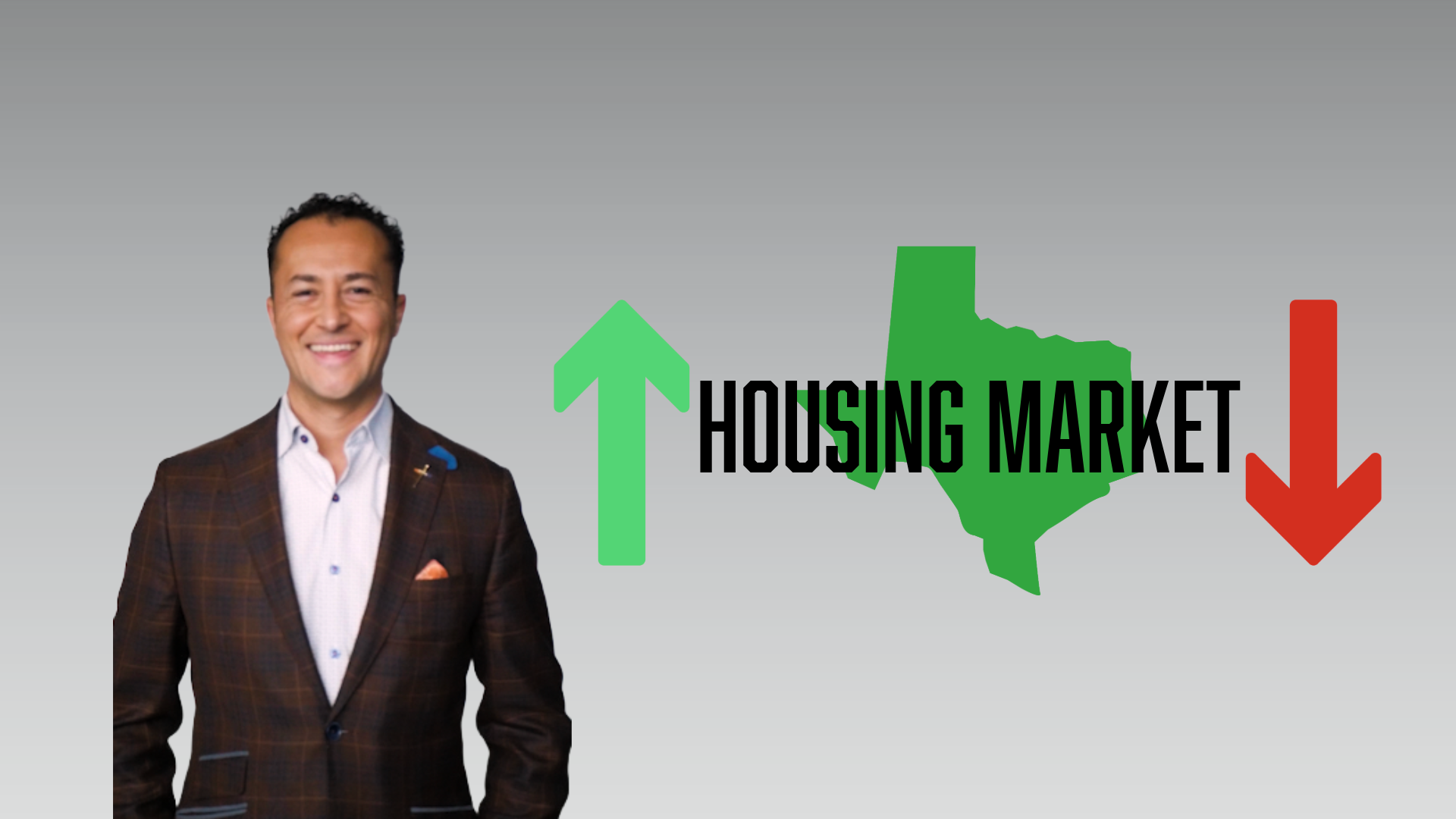When is Mortgage Insurance Required?
Mortgage insurance is a type of insurance that protects your lender in case you default on your mortgage loan. It's designed to reduce the lender's risk, which can help you qualify for a mortgage with a lower down payment or a higher loan-to-value ratio. However, mortgage insurance isn't free, and it can add to your monthly mortgage payment.
Here's a breakdown of when mortgage insurance is typically required:
- Conventional Loans: For conventional loans, mortgage insurance is usually required if your down payment is less than 20% of the purchase price. This type of mortgage insurance is called private mortgage insurance (PMI). PMI is paid monthly as part of your mortgage payment. You can usually request to cancel PMI once your home equity reaches 20%.
- FHA Loans: If you're eligible for an FHA loan, you'll be required to pay mortgage insurance. This insurance is paid upfront as part of your closing costs and monthly as part of your mortgage payment. FHA mortgage insurance typically stays in effect for the life of the loan, but you can refinance to remove it if you reach 20% equity.
- VA Loans: Veterans Affairs (VA) loans are backed by the government and typically don't require mortgage insurance. However, you may need to pay a funding fee, which is similar to mortgage insurance.
How Much Does Mortgage Insurance Cost?
The cost of mortgage insurance varies depending on several factors, including:
- Loan amount: The larger the loan amount, the higher the cost of mortgage insurance.
- Credit score: A higher credit score can result in lower mortgage insurance premiums.
- Down payment: A larger down payment can reduce the amount of mortgage insurance you need.
- Type of loan: The type of loan you choose (conventional, FHA, VA) will also affect the cost of mortgage insurance.
How to Avoid Mortgage Insurance
The best way to avoid mortgage insurance is to make a down payment of at least 20% of the purchase price. However, if you're unable to save that much, there are other options to consider:
- FHA loans: FHA loans allow for down payments as low as 3.5%, but you'll be required to pay mortgage insurance.
- Gift funds: You can use gift funds from family or friends to help cover your down payment.
- First-time homebuyer programs: Many states and local governments offer programs that can help first-time homebuyers with down payments and closing costs.
Additional Considerations
Before you decide on a mortgage, it's important to weigh the costs and benefits of mortgage insurance. While it can help you qualify for a mortgage sooner, it can also add to your monthly expenses so consider the Mortgage to Income Rule of Thumb . Be sure to shop around for the best rates and terms, and consider all of your options before making a decision.
Please note that this article is for informational purposes only and does not constitute financial advice. You should always consult with a qualified financial advisor before making any financial decisions.
SHARE








